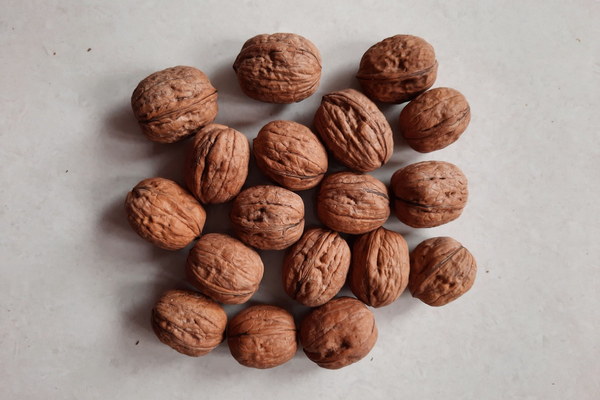Colon Health Nourishing Your Gut with Colon-Friendly Foods
Introduction:
The health of our digestive system, particularly the colon, is crucial for overall well-being. A healthy colon not only aids in the efficient absorption of nutrients but also helps in the elimination of waste products. Colon-friendly foods play a significant role in maintaining colon health. This article explores the benefits of incorporating these foods into your diet and provides practical tips for a colon-nourishing lifestyle.
Section 1: Importance of Colon Health
The colon, also known as the large intestine, is responsible for absorbing water and electrolytes from digested food, forming stool, and eliminating waste. A healthy colon ensures proper nutrient absorption, prevents constipation, and reduces the risk of colorectal cancer and other digestive disorders.
Section 2: Colon-Friendly Foods
2.1 Fiber-Rich Foods:
High-fiber foods are essential for a healthy colon. They add bulk to stool, making it easier to pass through the digestive tract. Some excellent sources of fiber include:
- Whole grains (oats, barley, quinoa)
- Legumes (beans, lentils, chickpeas)
- Fruits (apples, berries, oranges)
- Vegetables (broccoli, spinach, carrots)
- Nuts and seeds (almonds, chia seeds, flaxseeds)
2.2 Fermented Foods:
Fermented foods contain probiotics, which are beneficial bacteria that promote gut health. Incorporating fermented foods into your diet can help maintain a healthy balance of gut bacteria. Some popular fermented foods include:
- Yogurt

- Kefir
- Sauerkraut
- Kimchi
- Kombucha
2.3 Prebiotic-Rich Foods:
Prebiotics are non-digestible carbohydrates that feed probiotics and help them thrive. Foods rich in prebiotics include:
- Garlic
- Onions
- Leeks
- Asparagus
- Bananas
- Whole grains
2.4 Hydration:
Drinking plenty of water is crucial for maintaining colon health. Adequate hydration helps to soften stool and prevent constipation. Aim to drink at least 8 glasses of water per day.
Section 3: Practical Tips for Colon-Nourishing Lifestyle
3.1 Increase Fiber Intake Gradually:
If you're not used to a high-fiber diet, start by gradually increasing your fiber intake to avoid digestive discomfort. Add fiber-rich foods to your meals and snacks, and make sure to drink plenty of water.
3.2 Regular Physical Activity:
Regular physical activity helps to keep the digestive system moving, preventing constipation and promoting overall colon health. Aim for at least 30 minutes of moderate exercise most days of the week.
3.3 Limit Processed Foods and Red Meat:
Processed foods and red meat are high in unhealthy fats and low in fiber, which can contribute to constipation and increase the risk of colorectal cancer. Try to limit these foods in your diet and opt for healthier alternatives, such as lean proteins and whole grains.
3.4 Regular Colonoscopies:
Regular colonoscopies are an important part of colon health. Talk to your healthcare provider about the recommended screening schedule for you.
Conclusion:
Maintaining colon health is essential for overall well-being. By incorporating colon-friendly foods into your diet and adopting a colon-nourishing lifestyle, you can promote a healthy colon and reduce the risk of digestive disorders. Remember to consult with a healthcare professional before making any significant changes to your diet or exercise routine.









